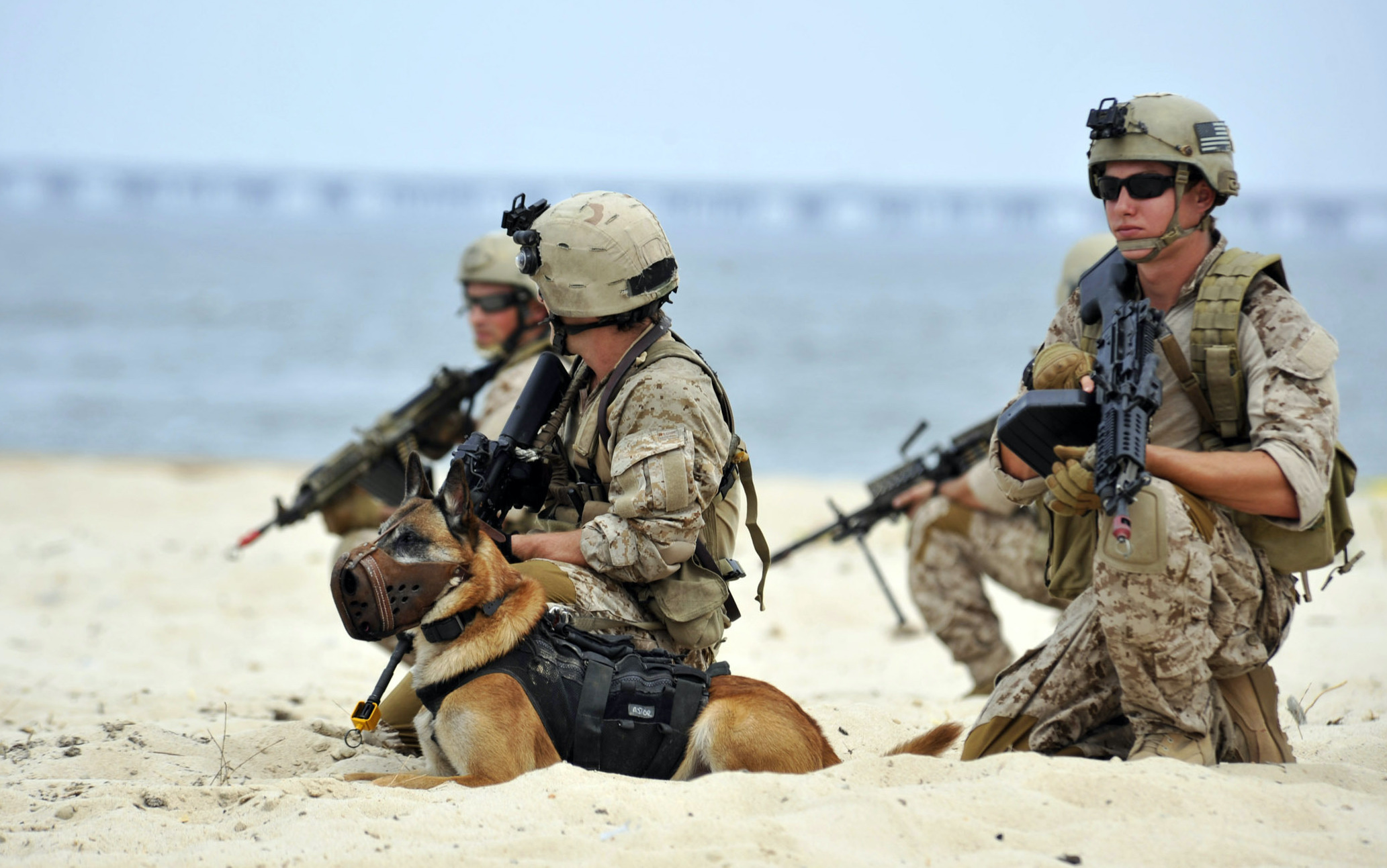EMERGENCY DOCKET
Pentagon seeks relief from lower-court order that blocked reassignment of unvaccinated Navy SEALs

on Mar 7, 2022 at 4:36 pm

The Biden administration on Monday afternoon asked the Supreme Court to allow it to consider whether some members of the elite Navy SEALs are vaccinated against COVID-19 when making operational decisions. U.S. Solicitor General Elizabeth Prelogar asked the justices to temporarily block an order by a federal trial court that she says “usurps the Navy’s authority to decide which servicemembers should be deployed to execute some of the military’s most sensitive and dangerous missions.”
The dispute has its roots in the August 2021 announcement by Secretary of Defense Lloyd Austin that all active-duty members of the military must be vaccinated against COVID-19. The head of the Naval Special Warfare Command, which includes the SEALs, ordered all personnel to receive their first dose of the vaccine or request an exemption by Oct. 17, 2021. The Navy also indicated that servicemembers who are not vaccinated, even if they receive an exemption, could be reassigned.
A group of 35 servicemembers assigned to the NSWC, including 26 SEALs, went to federal court in Texas, arguing that their religious beliefs bar them from being vaccinated against COVID-19. The Navy’s denial or imminent denial of their requests for religious exemptions, they contended, violates both the Religious Freedom Restoration Act and the Constitution’s free exercise clause.
The district court agreed and blocked the Navy from enforcing its vaccine policies. The district court noted that SEALs had “safely carried out their jobs during the pandemic” and that the Navy could achieve “herd immunity” even if the SEALs remain unvaccinated. The district court also barred the Navy from retaliating against the SEALs for their requests for religious exemptions.
The government asked the district court to put on hold the part of its ruling that prohibits the Navy from taking the SEALs’ vaccination status into account when making personnel decisions – for example, about whom to deploy and where. But the district court rejected that request, as did the U.S. Court of Appeals for the 5th Circuit.
The Pentagon came to the Supreme Court on Monday, seeking emergency relief while the litigation continues. The government stresses that the relief it is seeking is limited: It is asking only to be allowed to consider vaccination status while making operational decisions; it is not asking to be allowed to discipline or discharge unvaccinated service members. By contrast, the government emphasizes, the district court’s ruling is an “extraordinary and unprecedented intrusion into core military affairs.”
In any event, the government contends, the SEALs have no right to relief. They “can be called upon to deploy anywhere in the world at short notice; to complete high-risk missions under extreme conditions; and to operate in small teams and close quarters for extended periods.” Because of this, the government says, it has “an extraordinarily compelling interest in ensuring that the servicemembers who perform those missions are as physically and medically prepared as possible,” including by being vaccinated against COVID-19.
The Supreme Court quickly directed the SEALs to respond to the Navy’s request by Monday, March 14, at 4 p.m.
The request is the latest in a series of battles over efforts by federal, state, and local officials to require COVID-19 vaccinations. In January, a divided court put the Biden administration’s vaccine-or-test mandate for large employers on hold, but it allowed the administration to enforce a vaccine mandate for health-care workers at facilities that receive federal funding.
This article was originally published at Howe on the Court.


